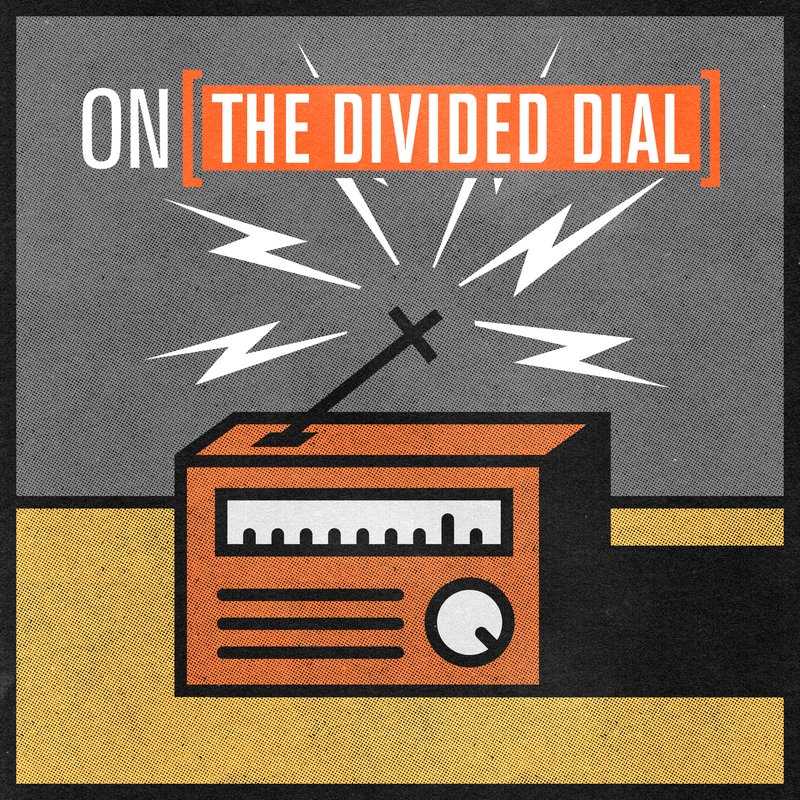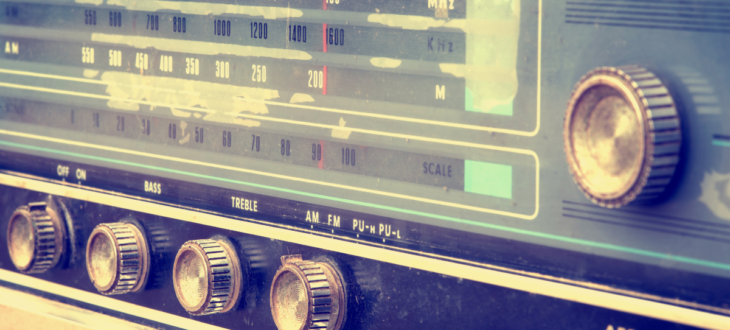Technology pervades our lives thanks to the cell phones everyone constantly carries in their pockets, but even those devices are susceptible to reception dead zones.
However, there is one device that is equally as ubiquitous, and it often works even in places where cell phones may not connect to their networks.
Though people may overlook this device all the time, it is built into daily life, especially if you spend any amount of time in a vehicle.
It’s the radio.
As a media platform, radio has a long history. It’s the oldest broadcast medium, and it has played an important role in society.
Also, it has had a powerful impact on politics, which Nicole Hemmer (@pastpunditry) highlighted in “Messengers of the Right: Conservative Media and the Transformation of American Politics.”
Specifically, conservative politics have benefited greatly from the medium of radio. It doesn’t take much effort to find conservative talkshow hosts shouting their opinions over the airwaves. With just a few twists of the dial, an individual can be immersed in the viewpoints and beliefs of conservatism.
Likewise, religious programming is readily available, and often that intersects with conservative talk programming.

Understanding this is important because these types of shows can shape the views and opinions of listeners. They also act as echo chambers that confirm their previously held beliefs, further reinforcing their perspectives. Through this, their realities are constructed, which leads to a more polarized and divided society.
To that end, listening to radio programming, especially Christian and conservative talk radio, can have far-reaching impacts. When it comes to rural Americans, these impacts could be even greater.
For example, if they work as farmers or ranchers, they likely spend a lot of their days in pickup trucks or farming implements, and those vehicles have radios. In order to pass the time, listening to the radio makes sense. However, if the bulk of the content they get exposed to is opinion-based and politically biased, their views of the world could be greatly skewed.
Then, if one factors in the amount of misinformation often spewing through the speakers from those radio commentators, a harmful cocktail of content is being served.
Journalist and Fulbright Fellow Katie Thornton explored this in a special podcast series for WNYC Studios‘s “On the Media,” which was called “The Divided Dial.”
Thornton describes the series as follows:
“My award-winning series on the political business of talk radio [. . .] The series reveals how one side of the political spectrum came to dominate talk radio — and how one company is quietly launching a multimedia empire from the airwaves.”
Katie Thornton
It’s a fascinating look at the power and influence of radio, and it shows how even though the medium might be considered “old” in comparison to newer forms of media, radio is still incredibly relevant and worthy of scrutiny and research.
You can find all of the episodes on the OTM show page, and I’m embedding each episode below. However, you do it, I encourage you to give it a listen.

